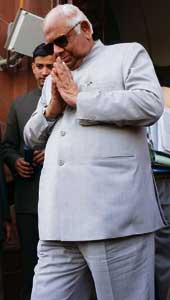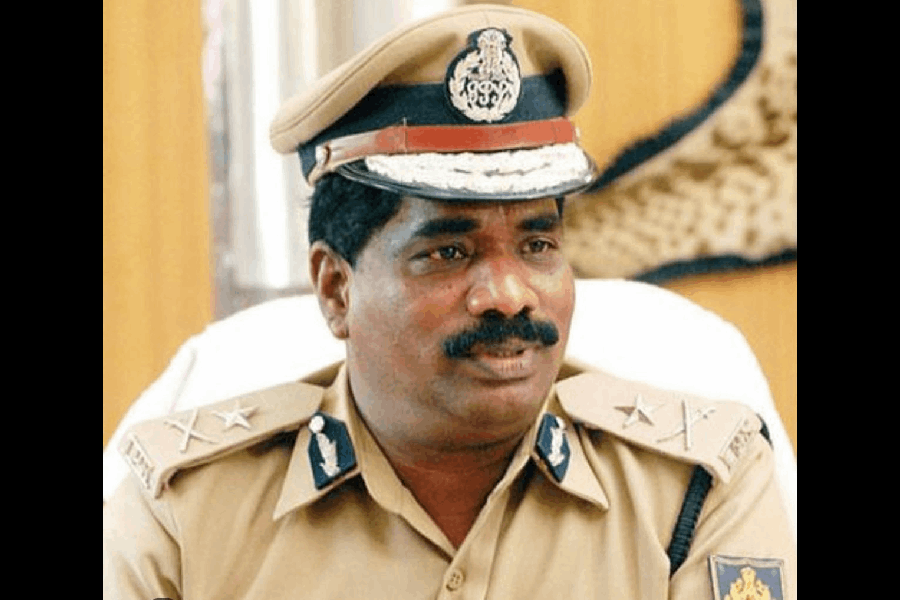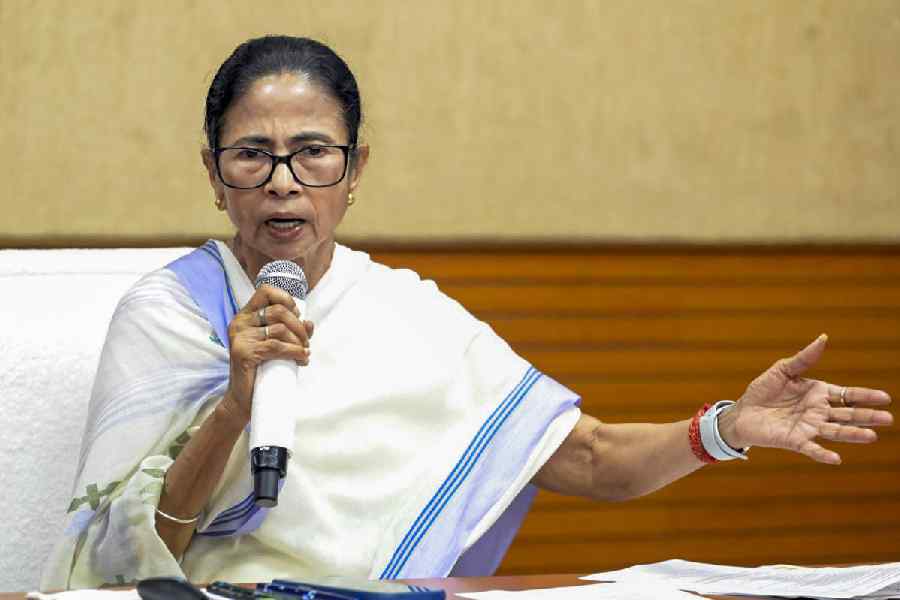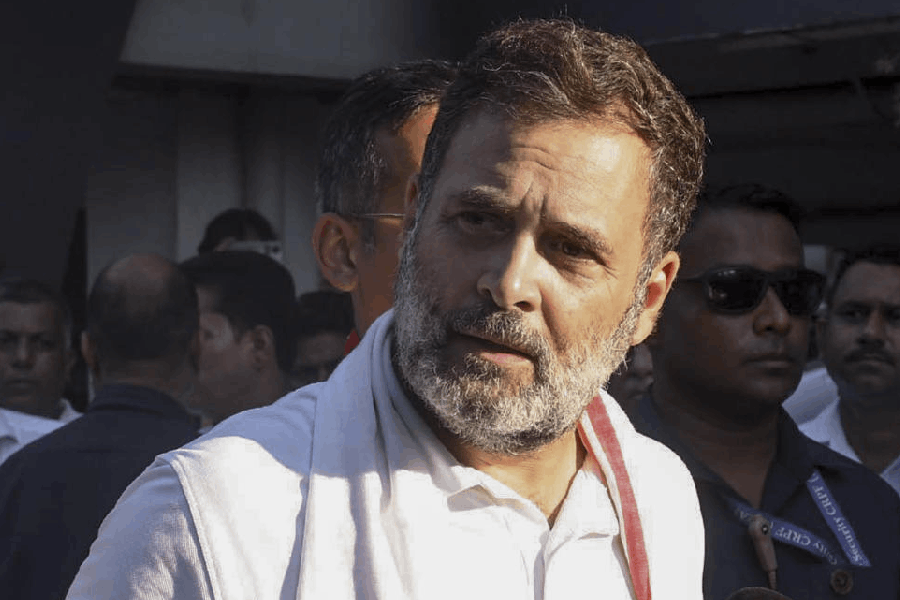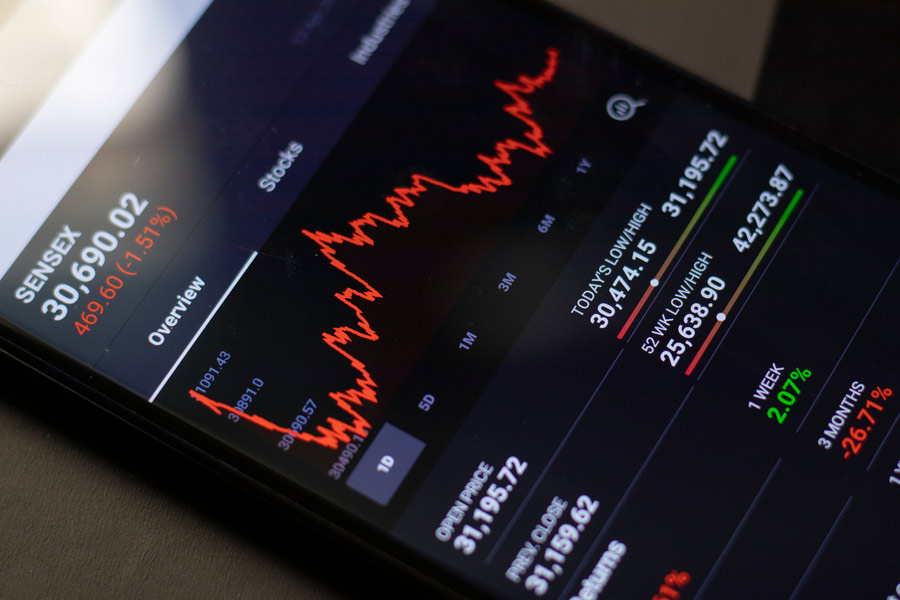 |
| Turf war: Lok Sabha Speaker Somnath Chatterjee is standing firm on Parliament’s right to expel tainted MPs |
Who is “supreme” in a democracy, the judiciary or the legislature? The question ? as old as the Indian Constitution itself ? is being raised again, with the Lok Sabha affirming its right to expel some of its members who were filmed accepting bribes to ask questions in a sting operation.
Citing parliamentary privileges guaranteed by the Constitution, Speaker Somnath Chatterjee refused early this month to accept a notice issued by the Supreme Court? petitioned by one of the expelled MPs ? setting off a debate on where the rights of the legislature end and the court’s begin.
To be sure, India’s parliamentary democracy is based on the Westminster model. But, unlike in the UK, Parliament or the legislature is not supreme here, senior Supreme Court advocate K.K.Venugopal says. Though the Indian Constitution has accorded Parliament “a unique” position with power, privileges and immunities of the House of Commons, both the judiciary and the legislature are equal in the eyes of the Constitution, says Venugopal.
While both the judiciary and the legislature are armed with the power of contempt, the courts are the “final arbiters of the validity and applicability of law,” constitutional experts say. The Supreme Court and the high courts also possess the crucial power of interpreting the Constitution.
Lawmakers may pass an Act, but it’s for the courts to review it. “The Supreme Court can strike down even a constitutional amendment passed by Parliament if it violates the basic tenets of the Constitution,” says Supreme Court lawyer Prashant Bhushan.
Thus, the legal community, by and large, sees nothing wrong in the Supreme Court issuing a notice to the Lok Sabha Speaker in connection with the expulsion of the MPs. Joymalya Bagchi, a Calcutta high court lawyer, says the Supreme Court has the constitutional right to find out if there was any violation of natural justice while the MPs were expelled.
Bagchi argues that the Supreme Court had the right to intervene when an MP, feeling wronged, approached it. “What if the Speaker had been selective and expelled only the MPs from a particular political party? Would it still have been called a parliamentary privilege,” he asks.
Prashant Bhushan agrees. “It’s dangerous for a democracy when legislators say the court has no jurisdiction over such issues.” A ruling party, for example, could easily resort to such privileges and have Opposition members expelled from Parliament on flimsy grounds.
True, Article 105 of the Constitution defines and guarantees the powers, privileges and immunities of Parliament and its members. And Article 32 of the Constitution allows citizens to seek redress from the Supreme Court if they feel their fundamental rights have been curbed. “Article 32 clearly overrides Article 105, which is only a constitutional right,” Bagchi notes.
Prashant Bhushan says it’s not for the apex court to examine the correctness or wisdom of the decision to expel the MPs. “But it can certainly judge whether the decision was mala fide or violated natural justice. It can also examine whether Parliament has the authority to expel the members the way it has,” he adds.
While Speaker Somnath Chatterjee refused to comment on the issue, a Union minister says occasional conflicts between the judiciary and the legislature are inevitable as “we sometimes look at and interpret the Constitution in different ways.” But such disputes are almost always resolved amicably, he adds.
Venugopal says the Indian Constitution has clearly defined and demarcated the roles and authorities of the judiciary and the legislature, insulating them against “unjustified intervention” by each other. But despite that, he feels “controversies, differences and confrontations” are bound to happen between the two wings of the state given the nature of the country’s Constitution. And there have been times when the judiciary has clearly overstepped its jurisdiction, Venugopal says.
The conflict between the judiciary and the legislature is not new. In 1964, a constitutional crisis was created after the Uttar Pradesh Assembly ordered that two judges of the Allahabad High Court be sent to jail on charges of contempt. The judges had ordered the release of a man jailed for lowering the dignity of the Assembly.
As India evolves into a mature democracy, the legal community hopes to see an end to the tussle between two arms of the same body.

